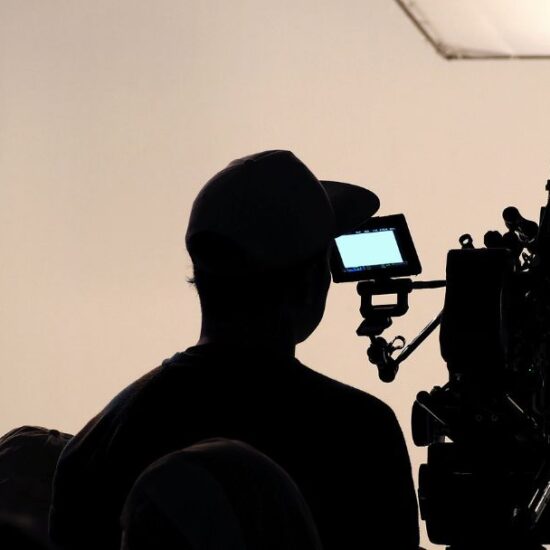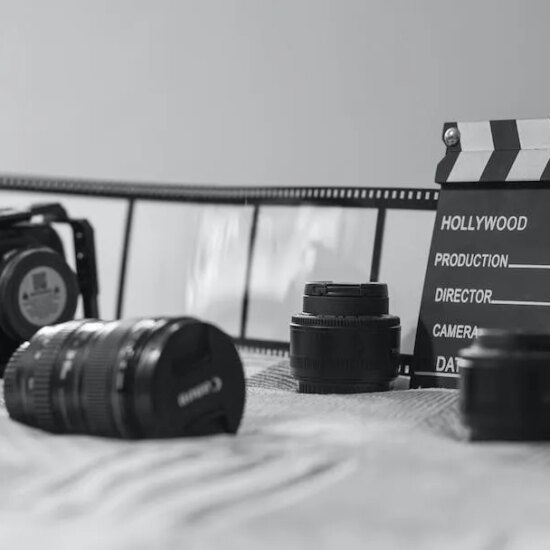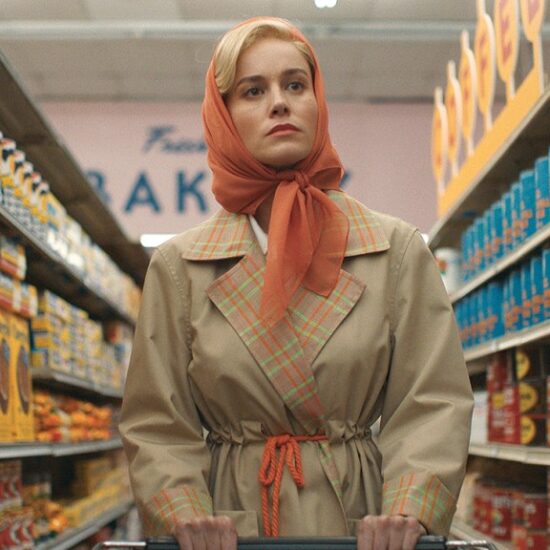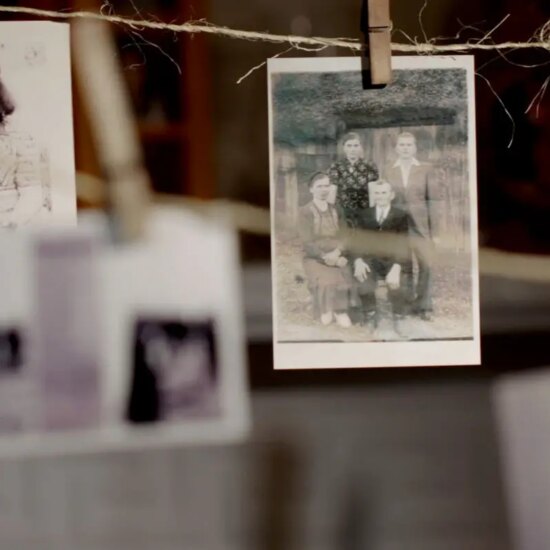
Don’t we all hate painful filmmaking lessons? I do. I’ve had plenty of them. It’s been 25 years since this whole Raindance thing started, and it’s painful to remember all the naive and often stupid lessons I had to be taught.
We’re nearing the end of the festival submissions for this year’s 24th Raindance Film Festival. We’ve had submissions from over 109 countries. This means I am in a unique position to reflect not only on my mistakes but am aware of other filmmakers trials and errors too.
If you are interested in knowing how I screwed up, how I learned lesson after painful lesson, read on!
1. Understanding Resource Based Creativity
The very first of the many painful filmmaking lessons was when I had the idea for the Raindance Film Festival. I went around cap in hand looking for money. I got nowhere. I spent a few weeks being depressed until I realized that if I was doing it, maybe just maybe, the money side would work out.
I started Raindance Film Festival by picking up a copy of the May 1993 Cannes product guide and circled 100 films I thought would be cool to play at my brand new festival. I wrote a one-page press release and faxed it all around the world until the money for the phone bill ran out. Films showed up including What’s Eating Gilbert Grape.
The painful lesson I learned was you can always pull something off. You have to look at the resources you have available and then design something around your resources. Add a pinch of creativity and Presto!
2. Learning the Power of the Tuxedo
I started my Raindance career after working in over 60 different jobs – everything from house painter, to a debt collector, to project manager on big IT builds – back in my native Toronto. I transitioned into the film industry because I had always loved film. I also thought it was really a cool space to be (it certainly is). I grew my hair long, wore ragged ‘cool’ clothes. I even had a diamond ear stud. I always wondered why the film financiers and top producers dressed ‘uncool’ – proper haircuts and clean tidy clothes. I also moaned to myself about how I wasn’t getting anywhere with anyone in the industry.
I ended up in Cannes one year, dressed what I thought was ‘cool’, and didn’t get into any of the legendary parties. The clipboard people simply said ‘no’ – even if I had an invite.
I then bumped into an American filmmaker dressed in a tuxedo. He took me aside and asked if I wanted to get into the legendary Wild Bunch party. ‘Of course!’ I answered ‘but they’ve just turned me down even though I have an invite.’ He said ‘Watch this’.
He did NOT have a party invite, he was NOT on the guest list – but clad in an immaculate tuxedo, walked straight up to the clipboard brigade, nodded and marched straight through, winking at me as he left for the party.
The painful lesson I learned was how important appearance was. You don’t need to be prettied up, you just need to look presentable without looking too weird. Strange as it may seem, film industry people are actually quite reserved. One might even say conservative. As Jesus once said, ‘When in Rome dress like the Romans.’
I now own a tuxedo and get into just about every Cannes party I wish to attend!
3. Discovering the Importance of Advertising, Marketing and Publicity
I started the Raindance film training programme with an advertising budget. One time I managed to get an article in the newspaper and the upcoming event sold out. It was then that I realized the power of publicity – something I saw when The Blair Witch Project played the festival. That was an amazing PR budget.
The trick is understanding how PR works and how you can create a media storm around your film project. Then I ran into Mark Borkowski the brilliant publicist who often takes on social justice causes and creates media storms and PR stunts for his clients.
Mark explained the difference between Advertising, Marketing and Publicity like this:
You’re a guy. You’re at a party. You see a gorgeous girl. You walk up to her and say “I’m really good in bed. Take me home with you.’
– That’s Advertising for you.Here’s Marketing: You’re a guy. You’re at a party with a friend. You see a gorgeous girl. You ask your friend to go up to the girl and get your friend to tell the girl how good you are in bed and see if she will take you home with her.
Here’s Publicity: You’re a guy. You’re at a party. It’s not going too well. When all of a sudden the most gorgeous girl you’ve ever seen comes up, taps you on the shoulder and says ‘I hear you’re good in bed – can I come home with you?’
Lesson learned: The trick is to get them ‘to come home with you’ – to visit your blog, your social media accounts, come to your festival screening and buy your film.
4. Finding Out How They Say No in the Film Industry
This was the most painful filmmaking lesson I had to learn. And it’s taken me years.
They never say the word ‘NO’ in the film industry. If they do, and the misjudged you and then you make it, they don’t want you on late night TV show saying ‘and so and so said no to me and look at me now!’
Here are some ways they say no in the film industry:
Yes
Thanks for sharing that, what a great idea. Let me kick it around in the office for an hour. Don’t call me, I’ll call you
Here’s a big long list I wrote of how else they say no in the film industry.
5. Dealing With One’s Psychological and Moral Weakness
We all start life with psychological and moral weaknesses. Psychological weaknesses are things you do that hurt yourself. Tardiness for example. Moral weaknesses are things you do that hurt other people. Cheating for example.
We also have goals. My goal a quarter century ago was to create the very best film training program and the very best independent film festival. I noticed that everything was going up and up those first few years until I felt I had plateaued for 14 months. I couldn’t figure out what the problem was. I worked harder and harder but still no change. Going into my office on a Tuesday after the summer bank holiday I had my epiphany. I discovered my psychological weakness: I was a slob! The office was a mess. If you’d called me that Tuesday for the number of the head of development at Film Four, I could have found it – after half an hour…maybe. Everything was such a mess. I wouldn’t have been able to remember if it was in this pile, that pile or the pile over there. I brought in black bin bags and in that morning threw out 60 bags of old papers, scripts and a pair of sneakers.
In the course of doing that I found my moral weakness. In the papers were unpaid invoices of friends who had worked for Raindance that I had forgotten to pay. I knew I couldn’t continue. I hired an accountant, got a lawyer, registered for VAT and started to get the business side sorted. I still work hard, but every year Raindance has grown a little bit to the point where we now have 10 hubs around the world.
Here’s an interesting lesson: Not only do each of us have to deal with our own psychological and moral weaknesses, so do the characters in our movies. One of the reasons we watch movies is to see how the movie characters deal with their weaknesses. From watching them we learn too and have the chance to become better people and make better movies.
6. Creative Opportunity
Filmmakers I know sometimes call me up to tell me their problems. Usually, it’s the I’ve-got-no-money.com tale. It’s a really easy trap to fall into the depressing ‘got no money’ hole of dejection.
If you really are a creative person, you will realize that there is no such thing as a problem. What filmmakers and screenwriters do have however is a series of challenging creative opportunities.
Fade Out
Ah – painful filmmaking lessons. Whatever you do, remember this wise advice from an old friend, a lawyer now a producer in LA who once told me in the hard early days of Raindance:
“Quitters never win. Winners never quit”
Let’s make movies. And banish Painful Filmmaking Lessons.
Elliot Grove’s Lo-To-No Budget Filmmaking class is considered the best introduction to writing, directing and producing a quality independent film.
Did You Know?
Why not donate?
Help us meet our goal of raising £10,000
We’re an entirely independent film festival and rely on donations from our Raindance community and support from our wonderful sponsors in order to keep showcasing the boldest and freshest content from filmmakers around the world.
Love independent film? Love Raindance?
Make a donation today and help us to continue to share and discover the best of independent film from around the world.














